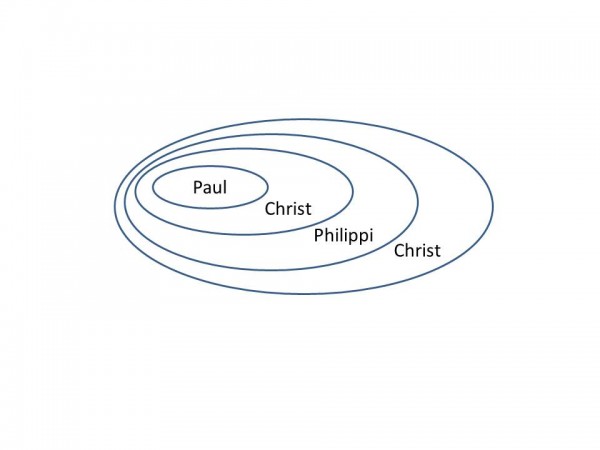“All the ways of a man are pure in his own eyes, but the LORD weighs the spirit.” – Proverbs 16:2, ESV
Dependence on God goes far deeper than trusting Him for physical sustenance. Dependence on God is continual and necessary at the level of the unseen motives of the heart. We mortals are inclined to think we are doing right when, in fact, we may be wrongly motivated. Made in the image of God, but seriously falling short of His glory (Romans 6:23), humans depend on God to weigh the spirit within.
Our eyes can be funny things. They can deceive us into thinking that a particular selection is good simply because of its “appropriate” appearance. Recall the Lord instructing Samuel when the priest was tempted to choose the strongest looking brother in David’s family, “Do not look on his appearance or on the height of his stature, because I have rejected him. For the LORD sees not as man sees: man looks on the outward appearance, but the LORD looks on the heart” (I Samuel 16:7, ESV). Recall Eve in the Garden of Eden on the brink of rebelling against God, “So when the woman saw that the tree was good for food, and that it was a delight to the eyes, . . . she took of its fruit and ate, . . .” (Genesis 3:6, ESV). In both historical accounts, a person’s eyes saw something that the heart interpreted as good. However, what was seen needed to be filtered by the Lord. Whether the man looked tall and strong or the fruit looked delightful was not the real issue. The vital component was the Lord’s view of the choices. As Proverbs 16:2 proclaims, “All the ways of a man are pure in his own eyes, but the LORD weighs the spirit.”
Recently I had to reject some options that mere eyes may view as good and prosperous. However, God made clear to me that what “looked right” was not His will. For many years, I have prayed for God to weigh the motivations of my heart. I have asked Him to never let me be led astray – even sincerely so. Though we fail Him, He will be faithful to show us the “measurement” of our spirit after He carefully weighs our motivations. At that moment, we must make a critical decision to abide by God’s assessment rather than what at first appears pure to our eyes.
Please take time today to pray this Proverb. We ought to request that God weigh our spirit and show us the truth beyond what the eyes observe at first glance. Quite purposefully, God’s admonition to check our heart before responding with our eyes is followed directly by a favorite verse of many Christians, “Commit your work to the LORD, and your plans will be established” (Proverbs 16:3, ESV). The first step in committing any plan to the LORD is to be sure it is His plan. What our physical or emotional eyes may see notwithstanding, it is God’s will that matters. He establishes our plans when we trust Him above our own – often failing – instinct. We are not animals living solely by our inclinations, we are God’s image-bearers, living by His direction, for which we plead each step of the way.
Dear Lord, please get out the scale and weigh my spirit!




